Note: This post may contain affiliate links which means if you click on a link and purchase an item, we will receive an affiliate commission at no extra cost to you.
This is the latest interview in a series featuring digital nomads talking about their lives and lessons (click here if you want to be interviewed). The goal is to help demystify the process of making money online, wandering the world, and living an unconventional life!
We love Kesi’s story of realizing the Wall Street hustle life wasn’t a good fit for her. She made big moves to create a life that provides freedom and happiness because sometimes the unconventional path is the best fit.
Thanks for hanging out with us, Kesi!
Table of Contents
Introduce yourself! 🙂 Who are you? What do you do for work? And what is your nomadic story?
My name is Kesi, and I’m an Ivy League grad who quit my job on Wall Street to travel the world. I planned to take a one-year career break and then return to NYC and go to a coding boot camp and eventually work at a start-up. Instead, I ended up backpacking around the world for over five years, supporting myself through seasonal work as a hostess on sailing charters.
I was a fast traveler, on accident, because I always said yes to opportunities that arose. It didn’t matter if I was in Japan; if a friend was like, “come meet me in Morocco,” I would do it. Once the pandemic hit, I had to stop traveling, and my summer job was canceled, so I pivoted and now work as a full-time travelprenuer. I have a travel blog that teaches other adventurous souls how to sustain long-term travel and connects travelers with local people and experiences. I’m currently based in Budapest, Hungary, and will move to Rennes, France, in September.
View this post on Instagram
Please tell us your detailed story of how you got into your line of work and how you turned it into a remote career.
I started as a hobby blogger and never imagined I would become a travelpreneur. The first step in taking myself seriously was investing in a $500 blogging course.
I was always a bit embarrassed to describe myself as a blogger and didn’t gain the confidence to call myself a travel blogger until 2020. The pandemic was my biggest motivator to turn my lifestyle into a career. I was forced to find an alternative way of making money, so I dedicated more time to my blog and turned it into a business. It’s been a fun experience to negotiate brand deals, plan group trips, and work on my website. There is a lot to learn, but being in constant lockdowns has been helpful since I have a lot of time to invest.
What inspired you to start nomading? And how has nomading changed your perspective on life?
I went to Wharton and always thought that the amount of money I made determined my success. Once I started traveling, I realized I didn’t need much money to be happy. Being a nomad taught me that I value the freedom of time over making a 6-figure salary. I also have learned that there are different types of wealth, and when it comes to personal relationships, I am very rich. I also learned how extremely privileged I am. I am healthy, don’t have to worry about food or shelter, and get to travel the world.
My original plan was to take a one-year career break because I had a big wanderlust, and having only two weeks of vacation would not cut it if I wanted to see the world. I quit my job to travel but then fell in love with the nomadic lifestyle and never stopped. Although I wasn’t making money, I was attracted to all the time freedom I gained. As a solo nomad, I could go wherever whenever I wanted. I also started to get addicted to meeting new people.
What advice would you give to someone who’s thinking about nomading?
Less is more. I care very little about material possessions and realized that I don’t need many clothes. Don’t carry a huge suitcase around. I recommend traveling carry-on only. Speaking of luggage, I recommend getting a wheeled backpack because it offers more flexibility. You can roll the bag or wear it as a backpack depending on the situation. Read a full review on wheeled backpacks here.
One funny way I make friends is by using Tinder. I’ll go on, and instead of randomly messaging back and forth, I try to meet up with people right away. It’s an easy way to meet someone new. I also always join expat FB groups of the city I’m in.
My last piece of advice is don’t plan too much. Book a one-way ticket and start your journey. In my first year of travel, I pre-booked flights and ended up missing a lot of them because you can’t predict which places you want to stay longer.
View this post on Instagram
What are the 2-3 favorite places where you’ve lived/traveled to and why?
Antigua, Guatemala is one! I have visited Antigua at least five times since 2015 and lived there for two months. I’m obsessed with the colonial town. I love Antigua because it’s a great place to learn Spanish, there’s a diverse food scene, and I can be productive there.
Mozambique is my top travel destination because it is a hard country to travel in but extremely rewarding once you make it to the destination. The northern archipelago are the best beaches I’ve been to, and they are completely remote. I have fond memories of eating freshly caught octopus on the beach over a fire. There’s a small surf town in the south of Mozambique that’s also a big backpacking community. It has a nice social scene.
What is one of your favorite travel stories/experiences?
One of my favorite travel stories happened recently during a group trip I hosted in Uganda.
This group trip happened organically during the pandemic. A friend I met while I was in Uganda in 2018 proposed that I make a group trip and get at least five people to come to join me in Uganda. I loved the idea because Uganda is an underrated country, and I would love to encourage more people to visit and spend their tourism dollars on local business.
Tourism has been down in Uganda due to COVID. My group of 10 people ended up spending a lot of money by tipping guides and buying souvenirs in this small village outside Bwindi Impenetrable Forest. The village was ecstatic and ended up having a parade and partying because of the money we spent. A couple of us went into town later at night, and one person from our group bought everyone at the bar a beer and left a 300% tip. The next morning, our tour guide went into the village and said the entire town was hungover. It turns out that tip created an open bar for the town.
What does a day in your work life look like? Paint a picture for us :).
On a typical day, I wake up around 9 am. I’ll have breakfast with my boyfriend and then go find a new cafe in Budapest. I love visiting a new cafe each day because it’s another way to explore the city. I’ll spend around 5 hours at the cafe working on my brand and website, and then I’ll come home and have dinner with my boyfriend. My schedule is very flexible, and I’m in complete control of my hours and how much I want to work.
What digital tools do you use for your work?
Keysearch for blog posts. I have dabbled in Trello to help organize my thoughts, but Google Sheets is my go-to for organizing my blogging world. I also love having dropbox so that I can access my files from anywhere.
For editing photos, I use Adobe Lightroom, and for videos, I use Adobe Rush.
View this post on Instagram
Tell us about your content creation journey, and share some of your favorite content that people should check out!
One of my favorite blog posts is an article I posted on Juneteenth in 2020. The post discusses different slave tours around the world. As a Black American, it’s hard to trace my ancestry, but visiting slave sites profoundly affects me, and I feel a connection. I compiled this list to encourage more people to visit these sites and hope increased tourism can also increase conservation efforts.
On Instagram, I am always sharing fun stories and/or tips. I recommend using my hashtag #followthefro. I organize my hashtag by country, so if you want Uganda inspiration and recommendations, look at #followthefroUganda.
What is unique about the way you travel, and what advice do you have for someone who wants to travel with a similar style?
I learned how to sustain travel for five years living off of $10,000 but still experiencing adventurous activities like hiking the Nyiragongo crater in DRC and exploring honeymoon destinations like French Polynesia.
What’s your favorite book and why?
The Kite Runner. It’s based in Afghanistan and tells a very compelling and heart-wrenching story, and provides a new perspective about a country I know little about.
If you only had a few minutes to live, what are the most important life lessons you would share with the world?
Don’t be greedy. Appreciate everything that you have in your life. And be kind.
View this post on Instagram
What do you travel with that you couldn’t imagine traveling without?
I love my Trtl neck pillow. It’s legit and makes plane rides, or long bus rides much better. I also love my Chaco sandals because they are comfortable, and I can even hike in them.
How can people learn more about you and your work?
My website is www.kesitoandfro.com
My IG is @kesitoandfro
I also have an IG that is very candid about my experience becoming a travel blogger: @journeytobeatravelblogger


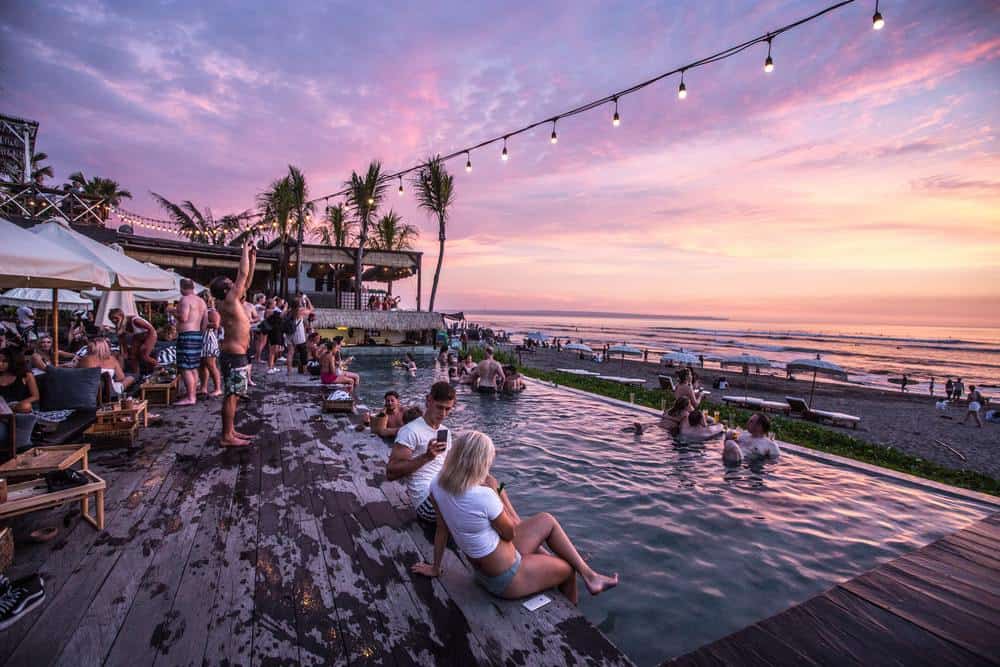
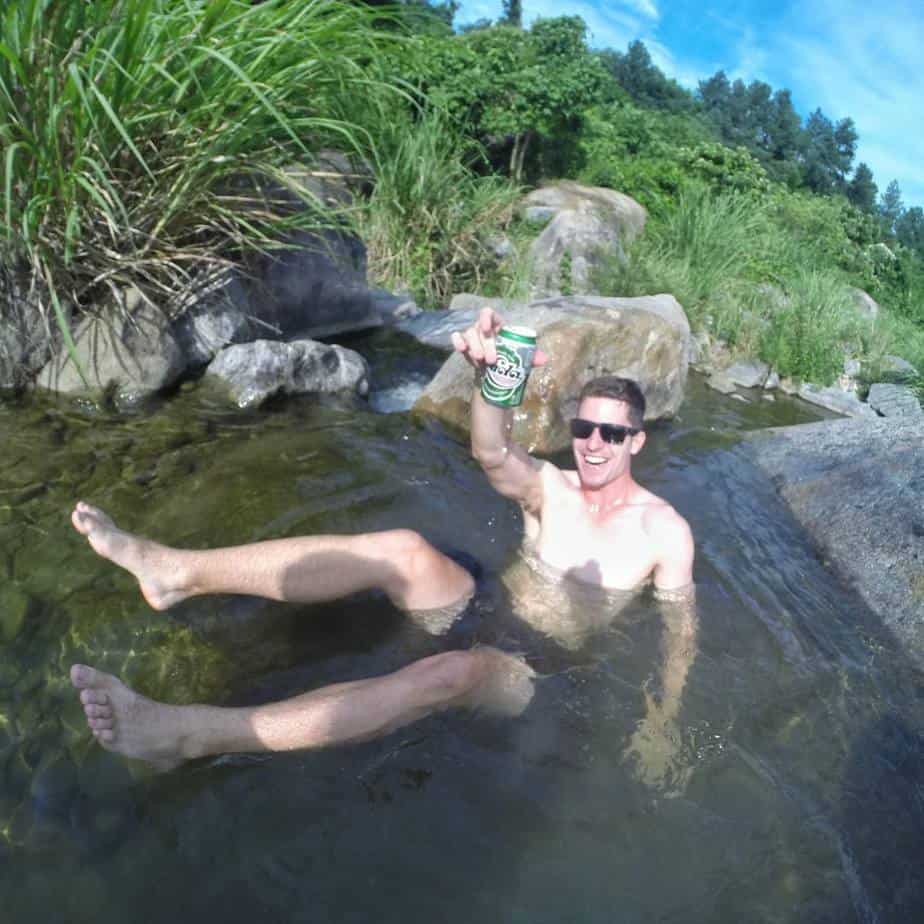
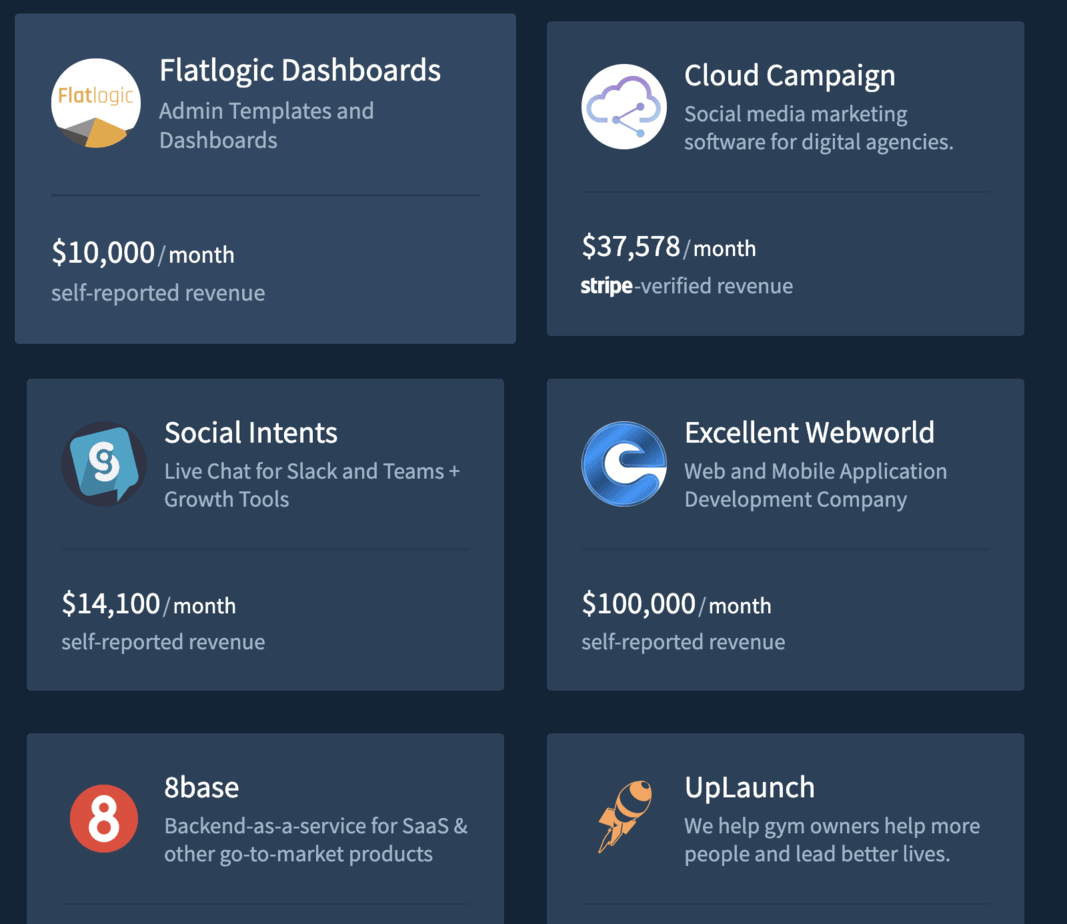
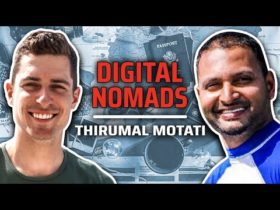
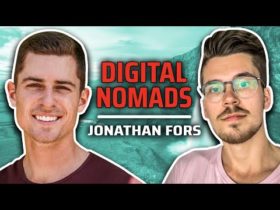
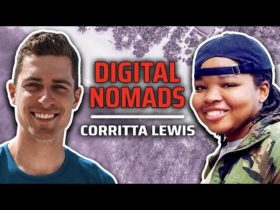
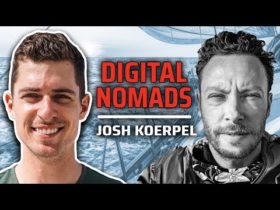
Leave a Reply
View Comments